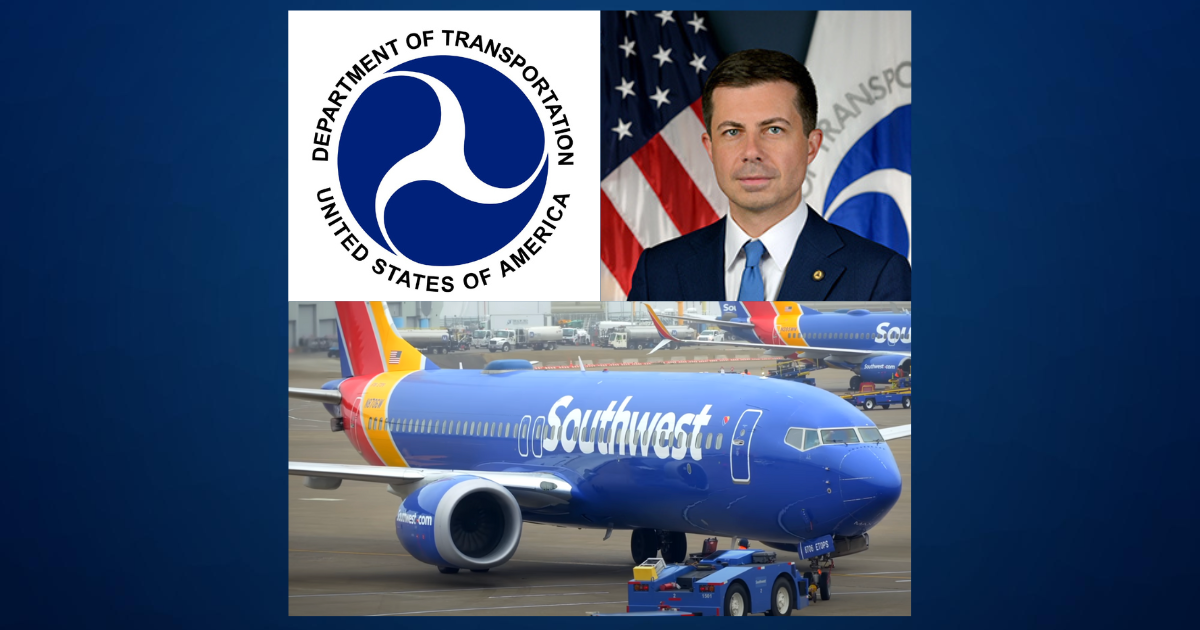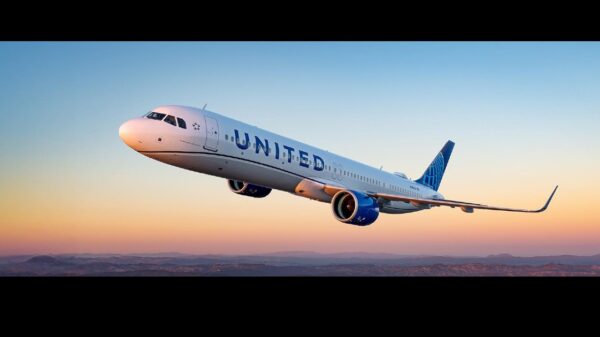Today, the United States and the U.S. Department of Transportation (DOT) announced a lawsuit against Southwest Airlines for illegally operating multiple chronically delayed flights, which disrupted passengers’ travel. Such practices of operating chronically delayed flights are unrealistic and can harm both passengers and fair competition within the airline industry. The DOT’s lawsuit seeks the maximum civil penalties against Southwest Airlines.
“As part of our commitment to supporting passenger rights and promoting fairness in the airline travel market, we are suing Southwest Airlines for unlawfully disrupting passengers’ travel with chronic flight delays,” said U.S. Transportation Secretary Pete Buttigieg. “Airlines have a legal obligation to ensure that their flight schedules provide realistic departure and arrival times. Today’s action sends a message to all airlines that the Department is prepared to take legal action to enforce passenger protections.”
Additionally, the DOT took enforcement action against Frontier Airlines today for operating multiple chronically delayed flights. Frontier was fined $650,000 in civil penalties, with $325,000 to be paid to the U.S. Treasury and the remaining $325,000 suspended if the airline does not operate any chronically delayed flights in the next three years.
Federal regulations prohibit airlines from advertising flight schedules that do not accurately reflect actual departure and arrival times. Unrealistic scheduling is considered an unfair, deceptive, and anticompetitive practice that disrupts passengers’ travel plans, deprives them of reliable scheduling information, and allows airlines to unfairly capture business from competitors by misleading consumers. Continuing to market a flight that has been chronically delayed for over four consecutive months constitutes one form of unrealistic scheduling. According to DOT rules, a flight is considered chronically delayed if it is operated at least 10 times a month and arrives more than 30 minutes late over 50% of the time. Cancellations and diversions are included as delays in this calculation.
The DOT’s investigation found that Southwest operated two chronically delayed flights: one between Chicago Midway International Airport and Oakland, California, and another between Baltimore, Maryland, and Cleveland, Ohio. This resulted in 180 flight disruptions for passengers between April and August 2022, with each flight being chronically delayed for five consecutive months.
The Bureau of Transportation Statistics estimates, based on data submitted to the DOT by Southwest, that the airline was responsible for over 90% of the disruptions for these two chronically delayed flights. Regardless of the cause of disruptions for specific flights, DOT rules provide airlines with sufficient time to address their scheduling after a flight becomes chronically delayed to avoid illegal unrealistic scheduling. However, Southwest failed to rectify these chronically delayed flights.
The lawsuit against Southwest was filed jointly with the Department of Justice in the U.S. District Court for the Northern District of California.




















